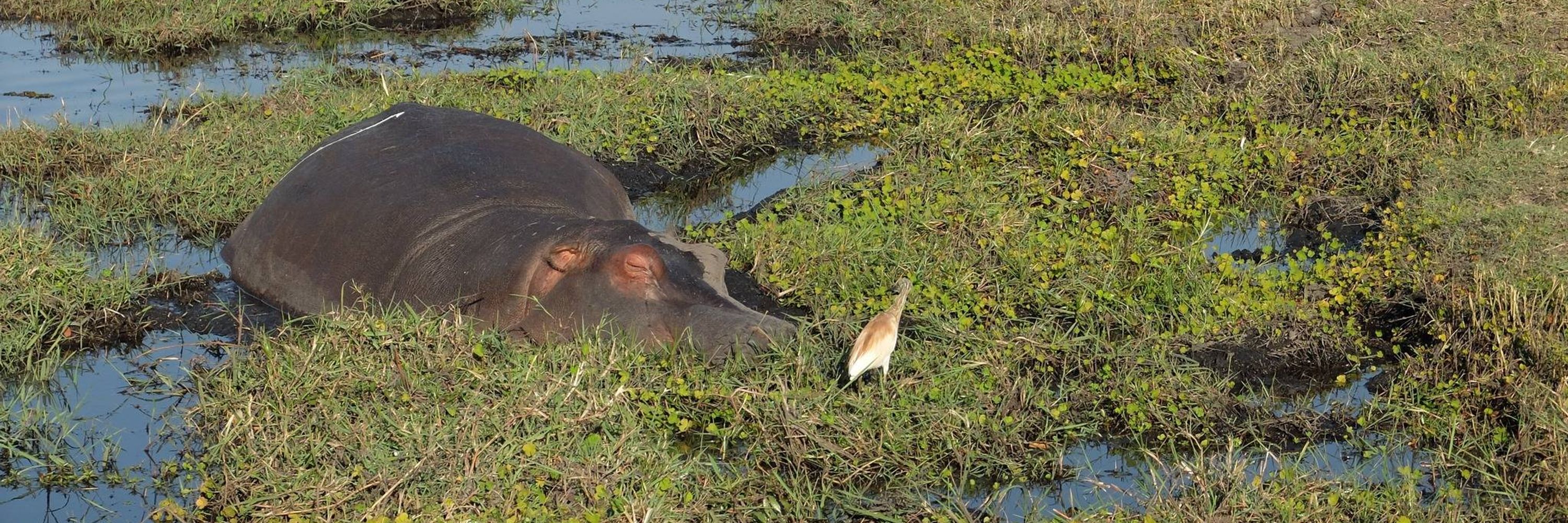
info fauna karch | UZH
Amphibien | amphibians
www.theguardian.com/environment/...

www.theguardian.com/environment/...
🟣 Then you can help assess the needs, practices, & challenges on Swiss #biodiversity data mobilisation, publication, & sharing !
🔵 How ? Fill this short survey: form.jotform.com/253342763497...

🟣 Then you can help assess the needs, practices, & challenges on Swiss #biodiversity data mobilisation, publication, & sharing !
🔵 How ? Fill this short survey: form.jotform.com/253342763497...
Erderhitzung macht Welt gefährlicher
von Jonas Waack
www.taz.de/!6141769

Erderhitzung macht Welt gefährlicher
von Jonas Waack
www.taz.de/!6141769

Some AI (e.g. Grok) tailors their response to suit your beliefs. It’s called ‘AI sycophancy’ (a new word I just learned.)
globalwitness.org/en/campaigns...

Some AI (e.g. Grok) tailors their response to suit your beliefs. It’s called ‘AI sycophancy’ (a new word I just learned.)
globalwitness.org/en/campaigns...
Action is needed to safeguard these ecosystems and the services they provide for people and #ForNature
Read more 👉 http://global-wetland-outlook.ramsar.org/
#WetlandsMatter




Action is needed to safeguard these ecosystems and the services they provide for people and #ForNature
Read more 👉 http://global-wetland-outlook.ramsar.org/
#WetlandsMatter
"Genetic and phenotypic comparison of natural and translocated populations of a pond-breeding amphibian"
conbio.onlinelibrary.wiley.com/doi/10.1111/...
"Genetic and phenotypic comparison of natural and translocated populations of a pond-breeding amphibian"
conbio.onlinelibrary.wiley.com/doi/10.1111/...
We have moved forward a lot in evolutionary biology, but this was the start of everything.

We have moved forward a lot in evolutionary biology, but this was the start of everything.
darwin-online.org.uk/contents.htm...

darwin-online.org.uk/contents.htm...
“It didn’t happen by accident. It’s the product of a deliberate and systematic assault on knowledge by some of the richest people on Earth. Preventing climate breakdown means protecting ourselves from the storm of lies.”

“It didn’t happen by accident. It’s the product of a deliberate and systematic assault on knowledge by some of the richest people on Earth. Preventing climate breakdown means protecting ourselves from the storm of lies.”


"Genetic and phenotypic comparison of natural and translocated populations of a pond-breeding amphibian"
by José Meléndez-Cay-y-Mayor et al.
"Genetic and phenotypic comparison of natural and translocated populations of a pond-breeding amphibian"
by José Meléndez-Cay-y-Mayor et al.













